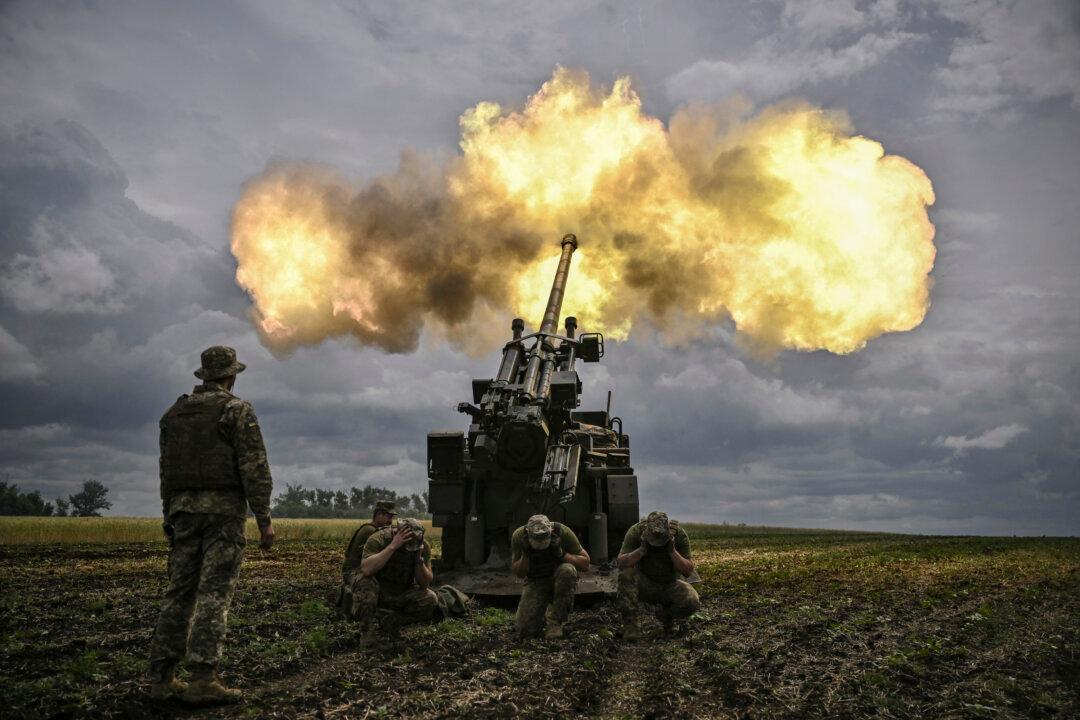Ukraine may require 10 or more years of international security assistance to deter Russia from conquering further into Europe, according to one European official.
At least 10 years of some form of assistance may be required to build deterrent capabilities adequately, even if the fighting in Ukraine does not last that long, said Czech national security adviser Tomas Pojar.





